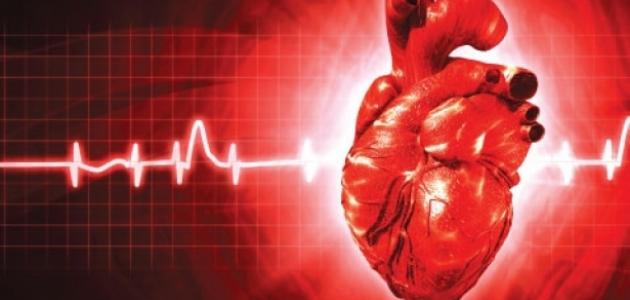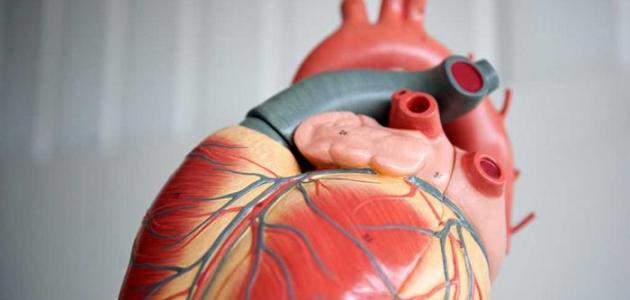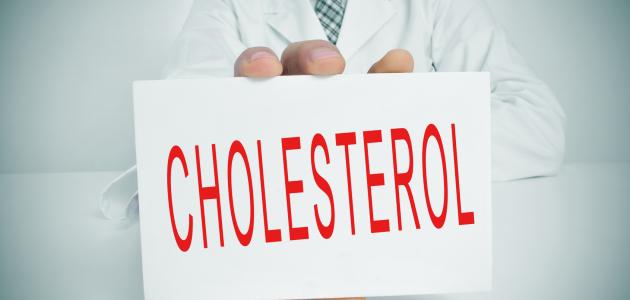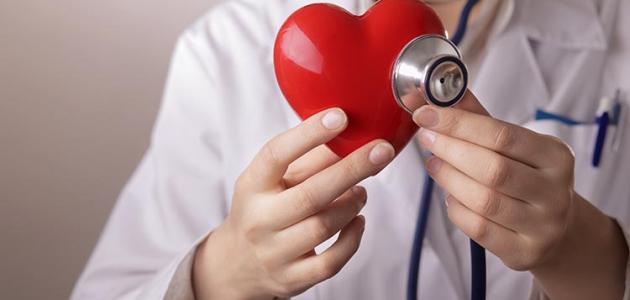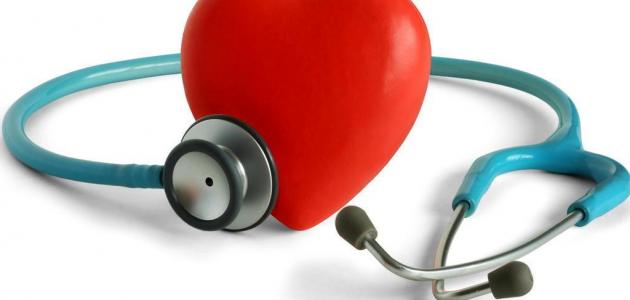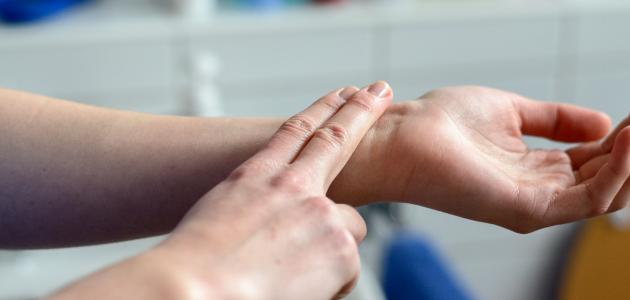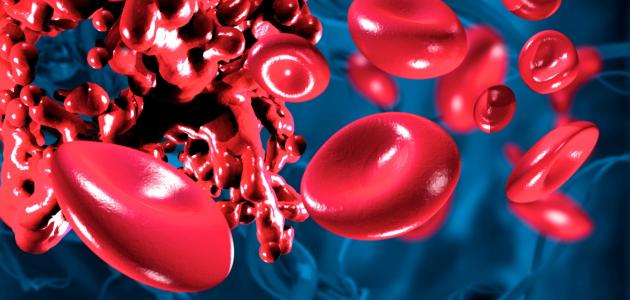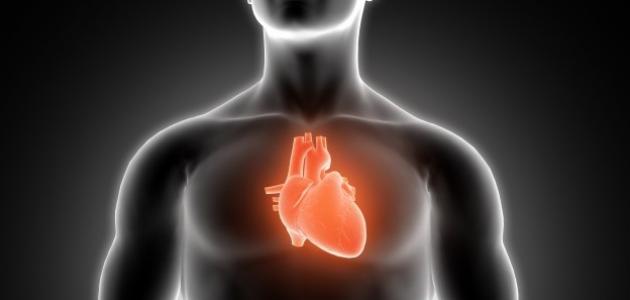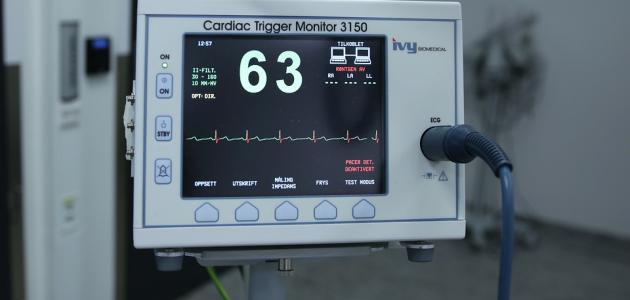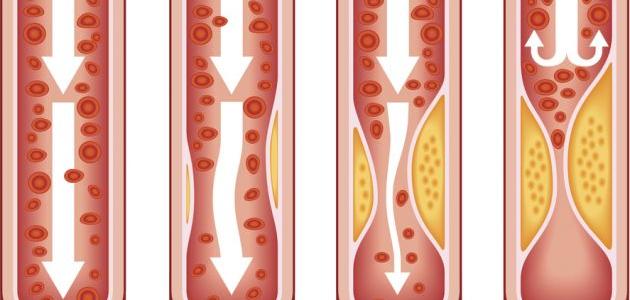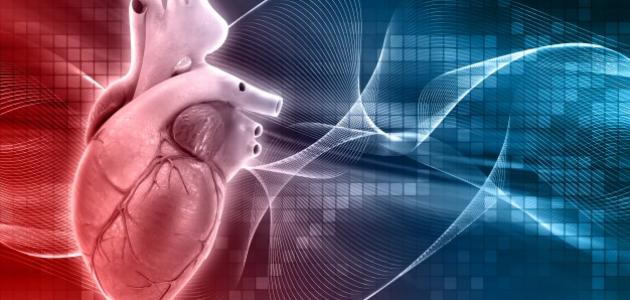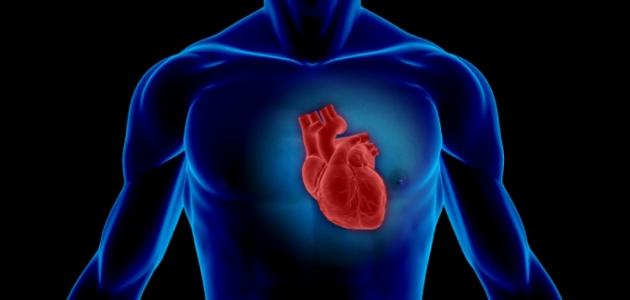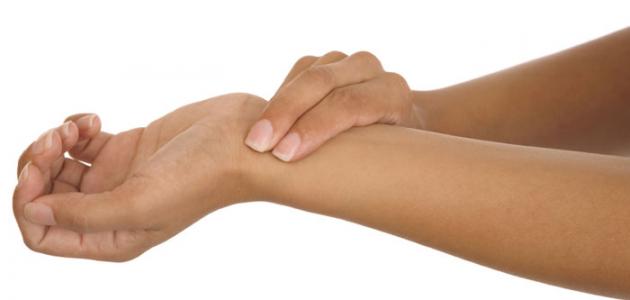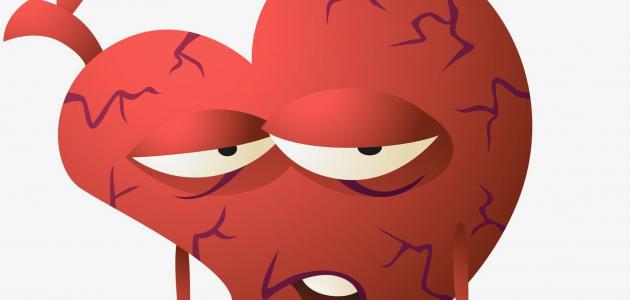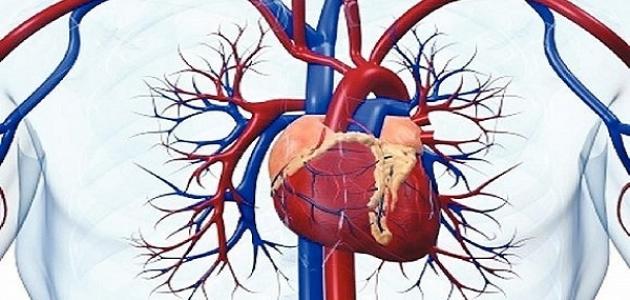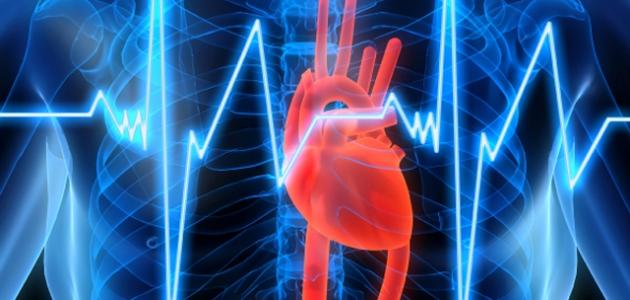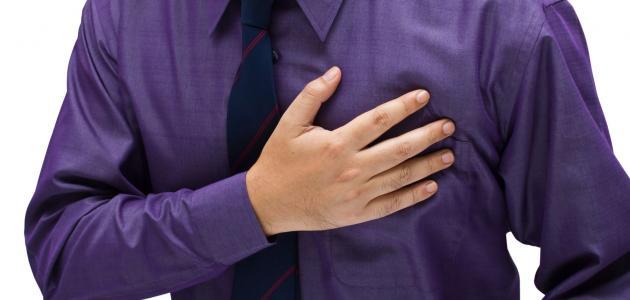Contents
Increased heart rate
The normal rate for the number of heart beats per minute is 60 to 100 beats at rest, and in fact is it very natural in the event of increasing the number of heartbeat when doing aerobic exercise , or as a result in response to physiological when the body exposed to any stimulus , such as stress , or exposure to blows, Or get sick. As for the emergence of a tachycardia known to the general population as an increase in the heart rate , it is considered one of the common types of arrhythmia problems , represented by the heart beating faster than the normal position during rest, due to the pulsation of the upper chambers, or the lower chambers. Or, or both, faster than the normal limit, and the occurrence of this acceleration can be explained by the statement that in the normal position the speed of the heartbeat is regulated by electrical signals passing through the heart tissue, and that a disturbance in these signals occursElectrocardiogram in a way that increases its speed, causing an increase in the heart rate. [1]
Causes of an increased heart rate
Tachycardia occurs due to an imbalance that would cause a disturbance of the electrical signals that control the heart's pumping speed , and in fact there are many things that cause or contribute to the emergence of problems in the electrical system of the heart, we mention the following: [1]
- Damage to heart tissue as a result of heart disease.
- Electrical behavioral disorders in the heart, an abnormality that occurs from birth , for example, Long QT syndrome.
- The presence of a disease or a congenital heart defect.
- Anemia of blood .
- High or low blood pressure .
- Smoking.
- fever.
- Alcohol intake.
- Drink large amounts of products that contain caffeine .
- Taking some types of medication, as an increased heart rate is a side effect.
- The abuse of recreational drugs , or in other words forbidden by law, such as cocaine .
- Electrolytes disturbance in the body, or an imbalance of the proportion of mineral substances necessary to conduct electrical impulses.
- Hyperthyroidism ( hyperthyroidism )
- Suffering from some diseases that affect the lungs. [2]
Factors that increase the risk of an increased heart rate
There are a group of factors that may cause damage to heart tissue , and factors that expose the heart to more stress, which leads to a higher risk of increased heart rate, and these factors include: [2]
- Age; The risk of developing an increased heart rate increases for people over the age of sixty years compared to those who are younger.
- Genetic factors; The risk of developing an increased heartbeat increases if there is this disorder and other heart rhythm disorders among family members and relatives.
- Various heart diseases.
- Suffering from anxiety .
- Drink plenty of caffeine and alcohol.
- Smoking.
- Hypertension.
- Psychological and mental stress.
- Drug abuse.
Types of increased heart rate
There are three main types of the problem of acceleration and increased heart rate, and the following are explained: [3]
- Sinus tachycardia: , which accelerated heart rate that occurs in normal cases, when sending node sinoatrial or natural pacemaker is also called electrical signals faster It is usual, despite the increase in the heart rate in such cases, but the way the heartbeat is normal, and among the reasons that lead to sinus tachycardia, fever, anxiety, some types of drugs, severe emotional disturbance, intense fear, and strenuous exercise , and there are fewer reasons. Commonly, it can cause sinus tachycardia, such as anemia , an overactive thyroid gland, and severe bleeding.
- Tachycardia: occurs this disorder in a format heartbeat when abnormal electrical signals released from the ventricles, Vtaatard with electrical signals launched by the sinoatrial node, are increased heart rate, there is enough time to fill the heart with blood before contraction, and therefore does not pump blood to the rest of the body as required, and in fact , this imbalance is caused by the loss of ischemic heart oxygen due to a lack of blood flow in the heart artery, and other causes that may lead to the emergence of this disorder ill heart muscle Cardiomyopathy, taking certain medications, drug abuse, and sarcoidosis, and among the symptoms that appear on a patient with ventricular tachycardia are dizziness, heart palpitations, difficulty breathing, loss of consciousness, and stopping the heart muscle, and some people may suffer Of nausea.
- Supraventricular tachycardia or SVT, this problem occurs as a result of disturbances in the electrical signals that start suddenly in the upper chambers of the heart known as the atria, and it may be called paroxysmal atachycardia. . [4]
Complications of an increased heart rate
In some cases, tachycardia does not cause any symptoms or complications, but if this acceleration remains and the increase in heart rate continues without treatment, then it may cause impairment of the normal function of the heart, which leads to the emergence of some real complications, including: [1]
- Heart failure, and its inability to pump enough blood.
- The formation of blood clots, which may cause a stroke , or a heart attack .
- Loss of consciousness and frequent fainting.
- Sudden death, which is caused by ventricular tachycardia, or ventricular fibrillation.
References
- ^ A b t "Tachycardia" , Www.mayoclinic.org , 8-3-2018, Retrieved 10-3-2018. Edited.
- ^ A b Christian Nordqvist (29-11-2017), "Everything You Need To Know About of tachycardia" , www.medicalnewstoday.com The , Retrieved 10-3-2018. Edited.
- ↑ "Tachycardia | Fast Heart Rate" , www.heart.org , 1-9-2016, Retrieved 10-3-2018. Edited.
- ↑ "Supraventricular tachycardia" , www.nhsinform.scot , 22-12-2017, Retrieved 10-3-2018. Edited.
